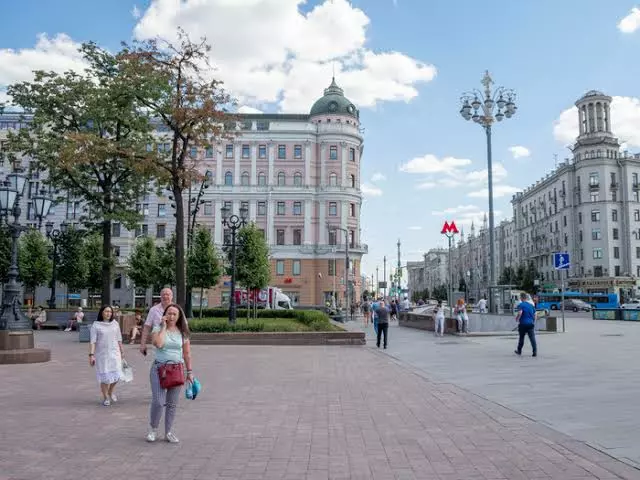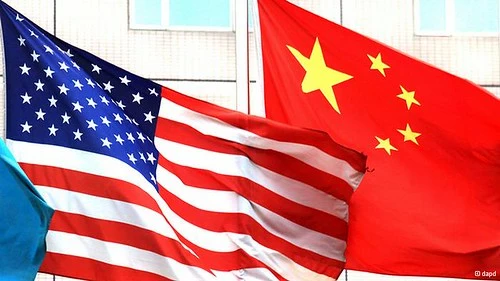Chapter III- Part 1: The Citadelle of Québec
“There are walled cities not to be assaulted refers to a situation in which we estimate we have enough strength to take the city”.
Sun-Tzu, Text Recovered from The Yin-Ch’ Üeh-Shan Han Dynasty Strips
Within the walls of the Citadelle and in Battlefields Park on the Plains of Abraham, I found myself. On the cobblestone streets, I could not escape the echoes of history, for it is always there within the walled city. I immediately have this image which is more or less always with me within the walled city, and when I cross over a small steel bridge that separates the north-east walled section of the city from the south-west, where the Plains of Abraham lie, but which is actually known as Battlefields Park with its leafy trees, cannons and paths. The cycles of nature are always here on the street where I live, Mont Carmel, which is but a few yards from the small but magnificent Parc du Cavalier-du-Moulin. I have written earlier in this memoir that I go there to mediate on history in general, but at other times about the Battle of the Plains of Abraham, which has haunted me since my university days, when I first came to Quebec City.
I will now quote a passage from Henry David Thoreau’s A Yankee in Canada which I feel is an appropriate introduction to my own view of the Citadelle walls, during the time I visited Quebec City. With his characteristic aplomb, the American author wrote about his first visit to the gray-stone walls:
Having found my way by an obscure passage near the St. Louis Gate to the glacis on the north of the citadel proper, — I believe that I was the only visitor then in the city who got in there, — I enjoyed a prospect nearly as good as from within the citadel itself, which I had explored some days before.


When I wasn't walking down Grand Allée and through St. Louis Gate on my way home, or up a high slope that led to an entrance of the Citadelle Museum that was on a side street within the walled city, I would walk out the famous gate and into the main entrance leading to the battlefield, but most generally I ran through that entrance, as I was training for whatever might come, as I have always done since I was fifteen years old, as a distance runner in Kansas. I also ran up the slope and crossed over to a thin gravel path leading onto the small, metal bridge leading to a spectacular view of the Plains of Abraham itself, and I would stare in wonder and think of all that happened there during the two major battles outside the walls of Quebec City in 1759 and 1760. I think that after Thoreau passed through the Saint Louis Gate in his curiosity to reach the northeastern stretch of the Citadelle wall, it was approximately this same place of which he wrote:
As I walked on the glacis I heard the sound of a bagpipe, from the soldiers’ dwellings in the rock, and was further soothed and affected by the sight of a soldier’s cat walking up a cleated plank into a high-loop hole, designed for musketry, as serene as Wisdom herself…
In all the time I lived on Mont Carmel and made my almost daily excursions around the wall, and outside the wall leading to the battlefield, I never saw cats, only dogs and more dogs. I unfortunately have never had a dog as a pet, but I have had numerous cats, and I found myself during the plague missing the presence of a cat. Although I would have preferred having a woman living with me, I must admit that female cats and women have much in common, therefore tread carefully among either of them, for their purring is as assured as the claws that they are able to unsheathe at a moment’s notice. In these times of political correctness, especially in the United States, men and women are not seen as a species equal in both goodness and evil regarding personal traits or social behavior. I have never forgotten that the most brutal of camp guards at concentration camps in Nazi German were ‘good’ German women. This observation is, of course, a personal view on the nature of men and women in general, which leads to another subject, that is how nature itself affected me greatly during my stay in Quebec City.
Although I had read the works of Thoreau at Campus High School in Haysville Kansas, and I was influenced by his tract on civil disobedience, that soon fell away when I led the student movement against the war in Vietnam, and I saw some of my fellow university classmates being beaten up, their protests signs ripped from their hands then torn and thrown onto to the ROTC parade ground at Kansas State University. I recall Thoreau’s book, Walden Pond, and how it brought me some youthful clarity about the world of nature, since as a boy I always surrounded myself with trees, scrubs, earthen hills, streams, and mountains, when I was fortunate enough to visit them. However, I found a Roman poet whose view of nature and the universe appealed to my more Latin instincts, that being Titus Lucretius Carus, who wrote the epic poem, On the Nature of Things. I read Lucretius’ work on nature when I was in the army with the 4th Infantry Division at Ft. Carson, Colorado. I would carry my small green Oxford translation of De rerum natura on maneuvers and read it while I was sitting in the turret of a Vulcan, or what was known as an M163 Vulcan Air Defense System (VADS), which was a self-propelled anti-aircraft weapon on an Amphibious Personnel Carrier.
It was in the Colorado Mountains that I begin to understand nature more fully in response to self-preservation and the art of war. There were many times when the crew I was with were either high on marijuana or drinking cheap Southern Comfort. I would bring a flask of red ruby English Port if I needed to escape the endless boredom of the maneuvers, which essentially led to no tactical innovations. While I was in the mountains with the other motley crews of the air-defense battery, I would mull over how Lucretius made the reader aware of how nature was not only beautifully godless, but that death, like life, was part of the essence of existence and non-existence. In my runs on the Plains of Abraham or in my evening walks during the plague upon what is now Battlefields Park, the years of my army life came back to me as I began to observe more closely the trees, undulating hills and small cervices along the trails of the park that were filled with plants whose Latin names I could never begin to know.

I learned to find trees more charming in my life, as I ran or sometimes walked leisurely on the Plains of Abraham. There is a small grassy area at the edge of the southwestern side of the park that parallels a running path along a tree line to the very end of the large field where the British troops came up from Anse du Foulon, climbing up to the main base of what was to become a place of violent engagement between two opposing military forces. It is there that I would stop before continuing my run, and stare at the trees in the spring, summer, autumn and even the harsh winter, when leaves were nowhere to be seen. Here I saw the blue Douglas fir spread its wide flowing boughs across the sky like a Native Indian skirt, the black spruce, whose needles seemed indeed dark and austere, the elegant Serbian spruce that has that look of an eternal Christmas tree. In the summertime, the full and bushy Norway maples are bright green, the foliage turning very bright orange, in the autumn. The stately silver maple, with its full canopy of leaves, reminded me of wild marijuana. I found that the eastern cottonwood lacks the seductive calmness of the cottonwoods I grew up with in Kansas. But the tree that most captivated me was a dark Austrian pine, which I stared at for many minutes, thinking how I did not have the words to capture it - somber, tall and bold, whose limbs outstretched with a severity that for some reason made me think of the Italian troops who fought in the highlands of their country during World War I, and the American troops who in World War II trampled over this blood-soaked terrain on their way to Rome to oust the Nazi armies.






